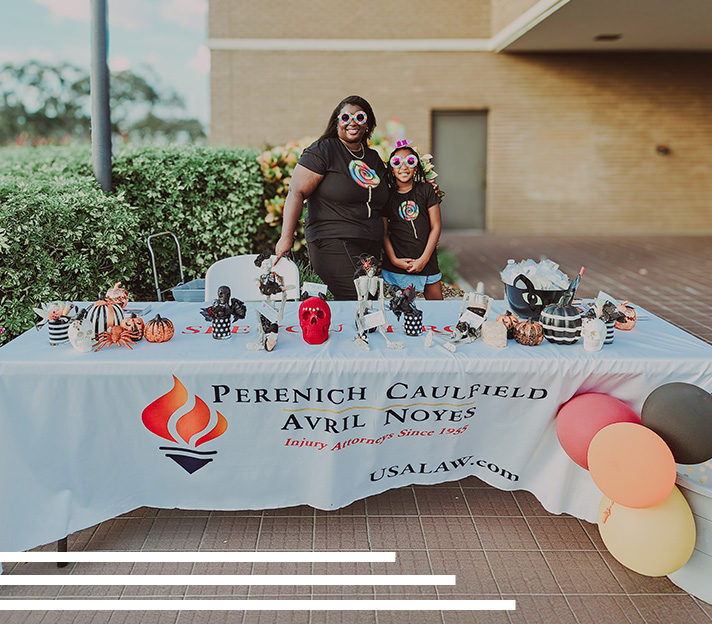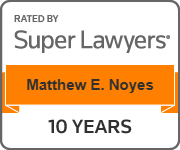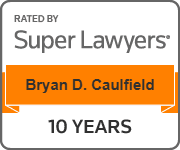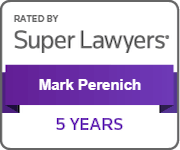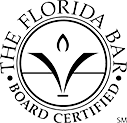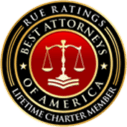What is an Intentional Tort?
An intentional tort is an act that the wrongdoer commits on purpose. Typically, but not always, harming you is the purpose of the wrongdoer’s action. An act can qualify as an intentional tort even if the wrongdoer did not specifically intend to harm you, as long as that harm you suffered was an expected consequence of their action.
Other Types of Claims
Intentional torts represent one of the four major divisions of tort law along with negligence, strict liability, and vicarious liability.
Negligence Claims
In a negligence claim, you allege that the defendant harmed you through their failure to exercise reasonable care to avoid injuring someone. They did something they shouldn’t have done, or they didn’t do something that they should have done. Car accidents are frequently the subject of negligence claims.
Strict Liability Claims
If you file a strict liability claim, you are asserting that the defendant is liable to you even if they weren’t seemingly at fault. It sounds unfair, but it makes sense under certain circumstances. Strict liability applies to dangerous products (defective prescription drugs, for example), keeping a wild animal as a pet, and abnormally dangerous activities such as blasting, for example.
Vicarious Liability Claims
In a vicarious liability claim, you demand compensation from one party for the wrongful conduct of another party. An employer, for example, can bear liability for the wrongful acts of their employee if the employee was acting within the scope of employment. Another example is the ‘dangerous instrumentality’ doctrine, where the owner of a car can bear liability that arises when they let someone else drive their car.
Battery
Someone commits battery against you when they intentionally and physically harm you. That might mean shooting you, punching you in the face, or even touching you in an offensive manner (sexual battery). ‘Siccing’ your dog on someone might also constitute a battery.
Assault
In personal injury law, assault is not what most people think it is. Assault is putting you in reasonable fear of imminent harm. If someone shoots you, they commit battery. If they merely point a loaded gun at you, that’s assault. If they point a gun at the back of your head and you don’t know about it, it’s not assault.
False Imprisonment
False imprisonment means forcibly confining someone without legal authority to do so. A police officer does not commit false imprisonment by throwing someone in the ‘drunk tank’ for DUI, for example. They do commit false imprisonment if they lock their spouse in their bedroom during an argument.
Intentional Infliction of Emotional Distress (IIED)
To win an IIED claim, you must prove that the defendant committed an utterly outrageous act, either intentionally or recklessly. Their act must also cause you extreme emotional distress. A cruel prank, such as putting even a garden snake in the bedding of a victim known to fear snakes, might be enough.
Trespass
There are two types of trespass-–trespass to land and trespass to chattels. Someone might commit trespass to chattels, for example, by using your laptop without consent and returning it damaged (with a computer virus, for example).
Conversion
Conversion occurs when someone completely and permanently deprives you of the use of your property. Theft is one example of conversion, but so is borrowing something and refusing to return it.
Defamation
Defamation occurs when someone makes a false statement about you that harms your reputation. Written defamation is libel, while spoken defamation is slander. Examples include damaging your credit by reporting false debt delinquency to a credit bureau or getting you fired from your job by falsely accusing you of being a sexual predator.
Invasion of Privacy
Many different types of actions can constitute an invasion of privacy, including:
- Intruding on the victim’s seclusion (unauthorized wiretapping, for example)
- Appropriation of someone’s name or likeness (in advertising, for example)
- Public disclosure of private facts (disclosing that someone is HIV-positive, for example)
- Portraying someone in a false light (without actually making a false statement)
Celebrities often file lawsuits over invasion of privacy.
Fraud
Fraud is deliberate misrepresentation of an important fact, which someone justifiably relies on to their detriment. An example might be a used car salesperson concealing defects in an automobile.
Damages
Florida recognizes the following types of damages in intentional tort cases:
- Economic damages. If they’re easy to count in dollars and cents, they’re probably economic damages. These include medical bills, lost earnings, and other easily quantified losses.
- Non-economic damages. If your losses are intangible and psychological, they are probably non-economic damages-–pain and suffering, for example. Even damages for disfigurement compensate you for the social and psychological costs of a disfiguring injury.
- Punitive damages. Courts award punitive damages when the defendant’s conduct is outrageous. They consist of an extra amount that courts award to punish the defendant, not for the purpose of compensating you.
Florida courts are typically reluctant to award punitive damages. They almost always refuse to award punitive damages in negligence cases, for example. Nevertheless, they are more likely to award punitive damages in intentional tort cases because of the brazen nature of the defendant’s behavior.
Intentional Torts vs. Crimes
Some intentional torts are also crimes, and some are not. Murder, for example, always qualifies as wrongful death, even though not all wrongful death cases amount to murder. Just because you sue someone for an intentional tort doesn’t mean the prosecutor can’t also prosecute the same defendant for the same behavior as a crime if it qualifies.
It’s much easier to win a lawsuit than for a prosecutor to win a criminal conviction. That’s why you shouldn’t become discouraged about your prospects of winning an intentional tort lawsuit, even if a criminal court acquitted the defendant for the same conduct. You can still win a wrongful death lawsuit against the same defendant because of the difference in the burden of proof.
The Statute of Limitations
The statute of limitations sets the deadline for filing a personal injury lawsuit in court. In Florida, you typically have four years to bring a personal injury lawsuit for the harm you suffered due to an at-fault party’s intentional wrongdoing.
A Florida Personal Injury Lawyer Can Help You Win Your Intentional Tort Claim
If someone harms you through a deliberate wrongful act, you can fight back to hold them responsible. At Perenich, Caulfield, Avril & Noyes Personal Injury Lawyers a Florida personal injury lawyer can help you uncover the evidence you need to win your claim and collect damages. Contact us today at (727) 591-3354 for legal consultation.

We treat you like family.
If you can’t come to us, we’ll come to you.
Representing Accident Victims in Tampa Bay since 1955



-
“Friendly knowledgeable and kept me informed about my case. Any offer, bill or question was readily answered. Would definitely recommend and refer people to Bryan Caulfield and his team!!”- Betty B.
-
“Mrs Bryant works her butt off to make sure you get what is do to you in medical and beyond! They won’t take your case if they don’t feel you haven’t been wronged.”- Christine R.
-
“Working with Mark Perenich on my auto injury case was an absolute game-changer. From the very beginning, he brought a level of professionalism, expertise, and care that immediately put us at ease.”- Kerry B.
-
“Lorrie and Allyson are phenomenal. I highly recommend them to anyone. It seemed like a never ending journey but I can’t thank them enough for diligently fighting my case with the greatest integrity, support and prayers.”- Former Client
-
“Allyson has been so helpful with navigating the disability process for my husband!”- Kaitlyn S.
-
“It honestly couldn’t have gone better. Pretty much perfect.”- Andreas B.
-
“From the first day we met this law group I felt very comfortable and knew we would be well taken care of. This was our first experience filing for SSD, and was not disappointed. The lawyers are awesome and very professional.”- Shari J.
-
“Very nice they worked with you. Never ignored me with my case. Always on top to work with you. Thank you so much for all that you have done to help me! Very highly recommend.”- Margarita O.
-
“My appointed attorney was Jacqueline, Bryant. She is very compassionate about her client and work. When it comes to negotiation, she's a Beast and she gets the job done.”- Alaina J.


We’ve been proudly serving Clearwater, St. Petersburg, and the Tampa Bay area for generations. As the first personal injury law firm in Clearwater, our dedicated legal team brings over 300 years of combined experience to each and every case. If you’ve been injured and need support, please reach outtoday for a free consultation, we are here to help you.
